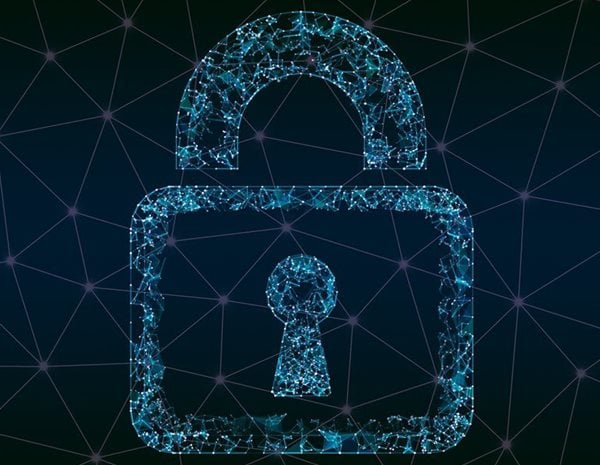






With October being Cybersecurity Awareness Month in many countries, including South Africa, it is clear that internet users are ready for anti-fraud advice.
According to ZA Central Registry NPC (ZACR), there are many ways whereby internet users can help to prevent domain name fraud in South Africa.
“SA web users are not powerless in the face of local and foreign fraudsters who prefer to direct the awesome potential of the web towards nefarious purposes,” said Lucky Masilela, CEO of ZACR.
The ZACR is the administrator of more than 1.25 million co.za, org.za, net.za and web.za domain names that power our digital economy. It also manages the .africa geographic Top Level Domain (gTLD) and the city domain names of .capetown, .joburg and .durban.
ZACR explains that attempts at online fraud often take the form of a fake banking website, an email pretending to come from a government department with a valuable tender opportunity, or simply a message from a “relative” who has died and left a fortune.
There are ways in which potential internet fraud victims can hit back at scammers.
If you have discovered a South African website that appears to be fraudulent, you may be able to lodge a Take-Down Notice to have that site removed from the internet. A Take-Down Notice can be lodged on ISPA’s website.
If you are not sure if the site is hosted by an ISPA member, you can select “Unknown” as the target, and ISPA will try to assist in identifying the relevant ISPA member. The Take-Down Notice process is limited to removing content hosted by an ISP and it can’t be used to deactivate a domain name, or as a mechanism to obtain identifying information.
The ZACR is the custodian of the largest number of South African subdomains (as we’ve seem above, those ending in .co.za, .org.za, .web.za and .net.za). If you are aware of one of those domains being used for malicious or fraudulent purposes, then you can report that to the ZACR by completing and emailing this complaints form to az.ten.yrtsiger@stnialpmoc.
The ZACR will then investigate the complaint and take the necessary steps depending on the nature of the complaint that is established. ZACR may ask for additional information in processing such complaints.
If your company has an online presence and you discover that someone has registered a very similar domain name, with the intention of pretending to be you, then you can pursue a domain dispute with the relevant domain name authority.
For a South African domain name (one ending in .za), you may consider litigating through the courts or through the arbitration forum that specifically deals with passing off or trademark infringement matters pertaining to a .ZA second level domain name.
For more details on the latter process, access domaindisputes.co.za where you will find the regulations that set out the form and substance that must be complied with to sustain a valid domain name dispute.
If you have been a victim of online fraud, then in addition to any of the above steps, you may also wish to report the matter to the appropriate authorities.
If a serious crime has been committed, you need to report it to the SAPS at a police station nearest to you. Cybercrime, such as online fraud, is still a crime. If you don't want to report a crime, but would like to report possible online fraud or suspicious activity, you can use az.vog.buhytirucesrebyc@tnedicni to report it to the national Cybersecurity Hub.
Sooner or later, almost all web users are going to be confronted with an online fraud attempt. Knowledge is power and South Africa web users are fortunate to have access to world-class ICT industry associations and individual firms able to provide quality anti-fraud information.